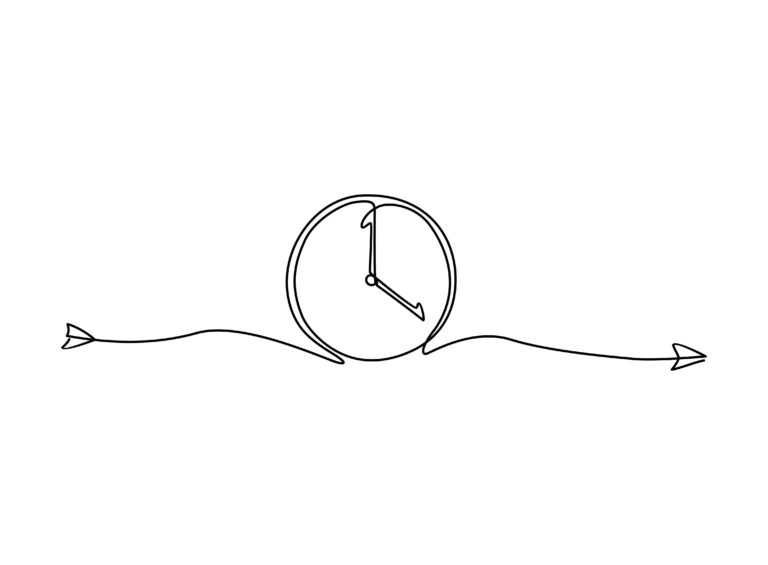Cerebral volume loss, also known as brain atrophy, refers to a decrease in the size and weight of the brain. This can occur naturally as a part of the aging process, but it can also be a result of certain medical conditions or lifestyle factors. One type of cerebral volume loss is mild cerebral volume loss, which is a less severe form of brain atrophy. In this article, we will delve into the causes, symptoms, and treatment options for mild cerebral volume loss.
Causes of Mild Cerebral Volume Loss:
Mild cerebral volume loss can be caused by a variety of factors. Some of the most common causes include aging, genetics, and certain medical conditions. As we age, our brains naturally shrink in size due to the loss of brain cells and the breakdown of nerve connections. This can result in mild cerebral volume loss.
Genetics also play a role in cerebral volume loss. Some individuals may inherit genes that predispose them to brain atrophy, making them more susceptible to mild cerebral volume loss at an earlier age.
Certain medical conditions can also lead to cerebral volume loss. These include stroke, traumatic brain injury, Alzheimer’s disease, and other neurodegenerative disorders. These conditions can cause damage to brain cells and result in a decrease in brain volume over time.
Symptoms of Mild Cerebral Volume Loss:
The symptoms of mild cerebral volume loss may vary depending on the underlying cause. In some cases, there may be no noticeable symptoms at all. However, in many cases, individuals may experience changes in cognitive function, memory, and motor skills.
Some common symptoms of mild cerebral volume loss include forgetfulness, difficulty concentrating, confusion, and trouble with balance and coordination. These symptoms may be subtle at first, but may worsen over time if left untreated.
Treatment Options for Mild Cerebral Volume Loss:
While mild cerebral volume loss cannot be reversed completely, there are treatment options that can help slow down the progression of brain atrophy and improve symptoms. These treatments may include medication, physical therapy, and lifestyle changes.
Medications such as cholinesterase inhibitors and memantine may be prescribed to improve cognitive function and slow down brain atrophy. Physical therapy can also be beneficial in improving balance and coordination, which can help reduce the risk of falls.
Making lifestyle changes, such as engaging in regular physical exercise, eating a healthy diet rich in brain-boosting nutrients, and engaging in mentally stimulating activities like puzzles or learning a new skill, can also help slow down the progression of mild cerebral volume loss.
In more severe cases, surgery may be recommended to treat underlying medical conditions that are causing cerebral volume loss.
Preventing Mild Cerebral Volume Loss:
While some causes of mild cerebral volume loss cannot be prevented, there are steps that individuals can take to reduce their risk. Maintaining a healthy lifestyle with regular exercise, a balanced diet, and avoiding alcohol and tobacco use can help keep the brain healthy. It is also important to manage any underlying health conditions that may increase the risk of cerebral volume loss.
Regular check-ups with a healthcare provider can also help identify any early signs of cerebral volume loss and start treatment early on.
In conclusion, mild cerebral volume loss is a common condition that can occur as a result of aging, genetics, or underlying medical conditions. While it cannot be reversed completely, there are treatment options available to help slow down its progression and improve symptoms. By making lifestyle changes and managing any underlying health conditions, individuals can reduce their risk of developing mild cerebral volume loss. If you or a loved one are experiencing symptoms of cerebral volume loss, it is important to seek medical advice for proper diagnosis and treatment.





